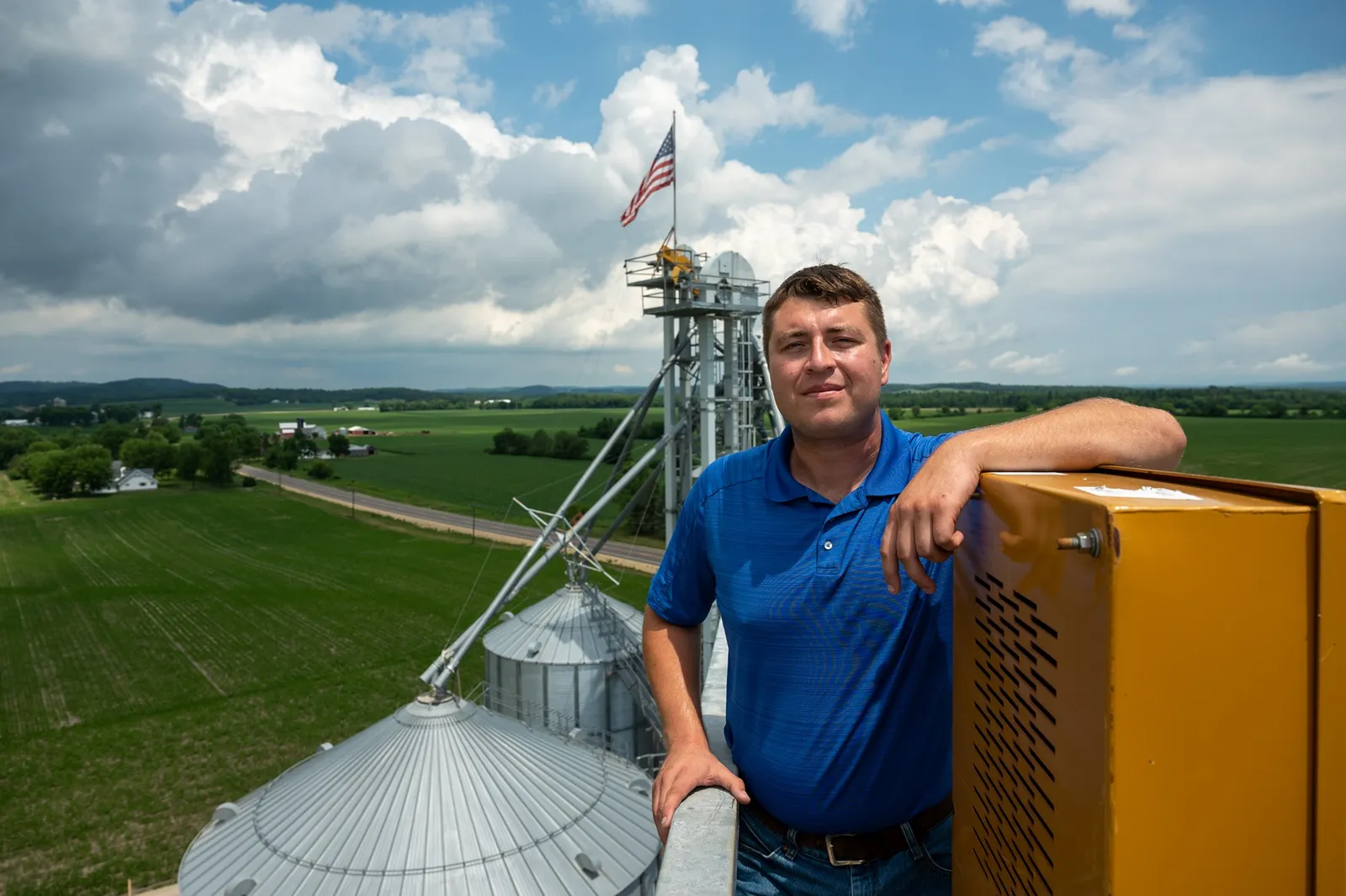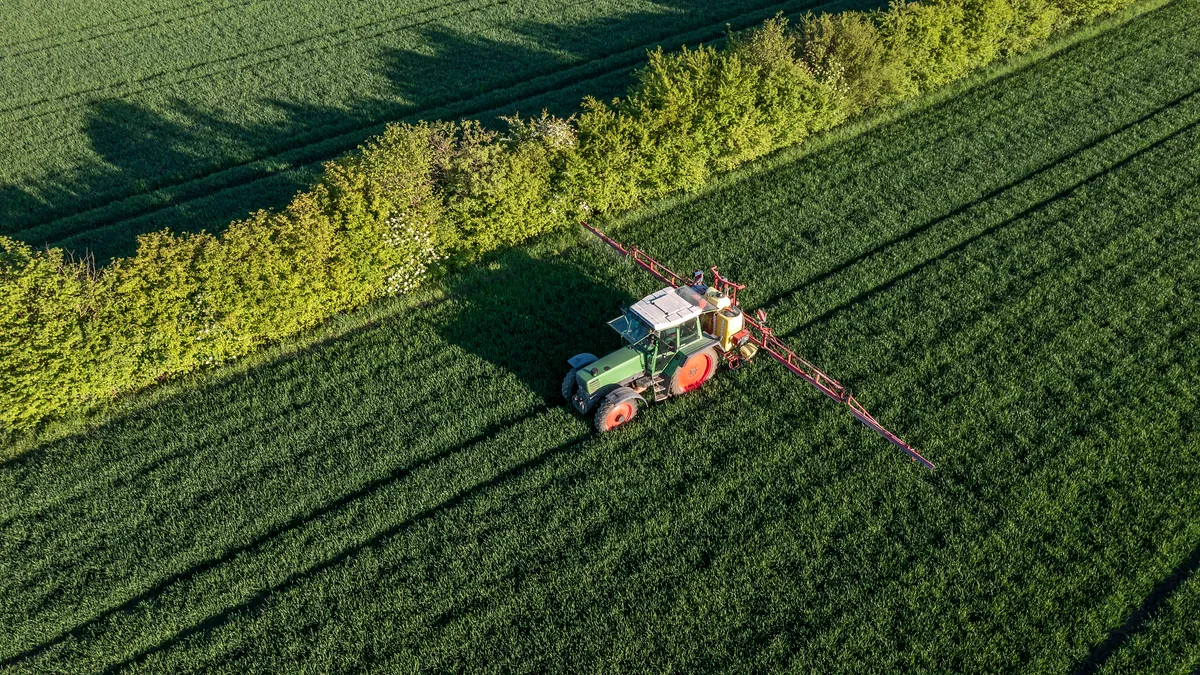Tony Mellenthin is a Wisconsin soybean farmer. He represents the United Soybean Board’s soy checkoff and serves on the board of the American Soybean Association’s World Initiative for Soy.
What do we all have in common? The desired security of knowing we’ll have access to our next meal. But that’s not a reality for everyone around the world presently amidst a lack of food availability and global conflict. As we approach National Ag Day this month, it's worth highlighting the role farmers and food companies can play in addressing global food security.

I recently joined CEOs of poultry and food companies in Ghana, an aquaculture professor from a women’s college in Pakistan, various U.S. soybean processors and global organizations at the U.S. Naval Academy in Maryland to tackle how agriculture collectively can address food security here and abroad. As a U.S. soybean farmer, partnering with these experts is the first step in recognizing the issue and taking action.
My biggest takeaway is that the vision of these multifaceted players in this space can be aligned to multiply our efforts and make a difference in global food security. Instead of working individually, we can band together to create a lasting impact, while still meeting the strategic goals of each organization. One can hardly imagine a more important and timelier objective given March 19 is National Agriculture Day.
In my role not only as a farmer but also representing the half-million U.S. soybean growers on the national soy checkoff, we convened this dialogue because we know that U.S. soy is a protein powerhouse for human food as well as animal feed. It’s not only food security we’re addressing, but feed security — we need to ensure we provide our protein with protein. We soybean growers set the table and invest farmer dollars to deliver sustainable soy solutions to every life, every day while growing new markets for U.S. soy.
Personally, as a U.S. soybean farmer, I believe I’m filling a need in global food security. A need not only for protein throughout the world but a need for me to grow it sustainably.
Farmer investments through the World Initiative for Soy in Human Health bring forward important innovations such as Edesia Nutrition's Ready-to-Use Supplementary Foods, which aims to tackle malnutrition with protein-rich soy flour. Meeting high nutritional standards, these life-saving food packets are shipped around the world and deliver nourishment to millions of children.
This global food security dialogue in December gave us an important forum to also listen to champions in this sector, such as Edith Akosah Wheatland. Edith joined us days after she accepted the honor of Ghana’s National Best Female Farmer of 2023. She is the founder and CEO of Rockland Farms as well as Rockland Meat and Eco Feeding Ghana Limited.
Edith feeds soy protein to her flock starting with 8,000 egg-laying hens and has grown to 120,000 birds. She has piloted a model for more farmers to raise chickens. Her bold approach has created economic opportunities for more than 9,000 farmers with small plots of corn, as well as more than 400 poultry producers, with 90% women and youth. Edith is also working to create small loan programs and to educate women about these financial opportunities. She has provided eggs to 25 local schools for child nutrition programs since 2019.
Without a doubt in my mind, Edith’s global food security leadership is an example to us all. She shows how agriculture can be used to not only forward global food security but also peacemaking efforts. What a powerful reminder this National Ag Day of how big the rewards are for all of us if we can work together to multiply partnerships for global food and feed security.










